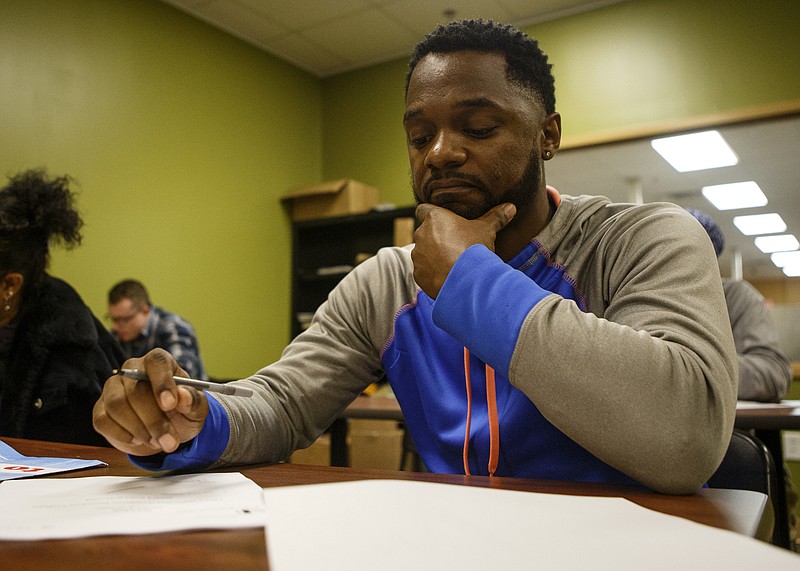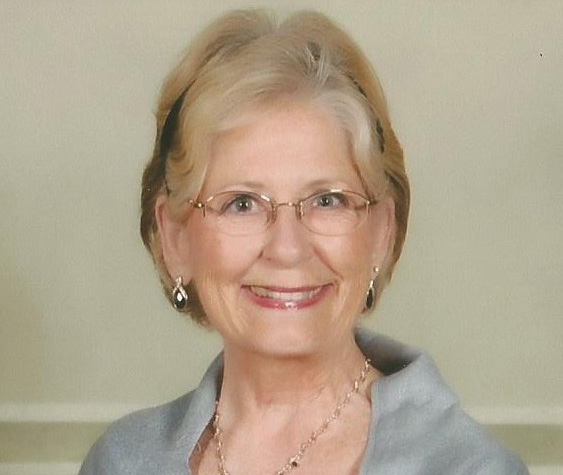After today's continuation of how to write a "You're Hired!" resume, you'll be ready to move in (and up) with the job of your dreams:
Be clear and concise. What would you look for in a candidate? With that decided, as the sole purpose is to have a potential employer contact you for an interview, then include these points within your resume.
Use bullet points with short sentences rather than lengthy paragraphs. Resumes are read quickly (usually 10-30 seconds) so having key phrases standing alone and bulleted will help the reader see the important information at a glance – while at the same time absorbing the most important information. You'll go into the details during the interview.
Use action words like prepared, managed, developed, monitored, and presented to ensure your resume stands out. In addition to standing out to a reader, if your resume is scanned by a computer, it will pick up on these words. Actually, some companies now scan in your resume and computers then pick the the ones to be noticed. The computers are looking for keywords that have been selected by the hiring manager - action key words that relate to the position.
You should always use %'s, $'s and #'s. Percentages, dollar totals, and numbers stand out in the body of a resume. (For example: Directed 8 committees, two of which won national awards. Along this line, be certain to remove specifics for more pizzazz – i.e. rather than writing you managed one committee with 10 members, instead state you led a team (which could be comprised of 120 members!).
Highlight your strengths and what is most relevant to the potential employer. Place the strongest and most relevant points first where they are more apt to be read in order to hook the reader.
Match the needs of the hiring company. Review job postings online and in the newspapers for positions that interest you. Each listing will almost always have a brief blurb about the company and the position available. Read the job description closely, and use the key words listed in these ads, and match them to the bullet points in your resume. Tailor your resume to the position.
Be positive. For instance, if you feel your past graduation date will subject you to age discrimination, leave it off the resume. Focus on the duties that do support your objective and curtail or omit irrelevant personal information like your race.
Length and size are essential. The font size should be no smaller than 10 point, and the length of your resume should be 1-2 pages. Keep your resume concise, but if you need two pages rather than one, that's okay.
Ask for impersonal critiques before sending off the resume. Having someone else review your submission will show how others will view your marketing materials; for example, in which ways does the piece impress the outside readeror not. – would your resume impress them? Encourage this person to give you feedback and ask questions to help you to discover items you inadvertently left off your resume; then, if needed, revise the offering to include them.
Once the resume is 100 percent ready, apply for 1) jobs that seem to be above your qualifications; 2) positions that are a match; and 3) positions which may be beneath you. Why? Perhaps once you have your foot in the door you can learn of other opportunities. When I left the Alabama classroom to move to Fairfax County, Virginia, the 10th largest system in the country, I thought I'd immediately waltz into a teaching position, based upon my experience, qualifications, and honors. Not! I didn't at first realize back in those days, the system was swamped with close to 1 million yearly applications; however, I didn't let this slow me down. After numerous interviews and besieging principals' secretaries on a daily basis, I finally landed a position as a teacher's aide for students taking English as a Second Language. The work was hard. (Try teaching reading to a bunch of immigrant kids right off the boat with my extremely deep Southern accent) The pay was pitiful. But my size 5 was in the door, plus I made close contacts within the staff and the administration. The following year found me hired as a "real" teacher.

